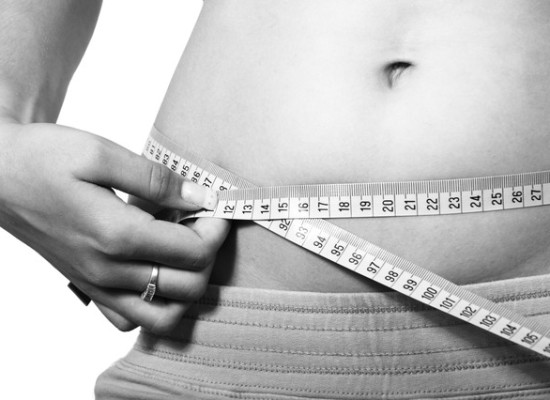
How to Break a Bad Habit
by Jane Moore | Fit Well Traveler
Once you understand how to break a bad habit, it becomes much easier. Knowing why we do what we do helps us make better strategies to break bad habits or, better yet, stop them before they start.
Understanding Bad Habits
The first step in how to break a bad habit is to understand it. Once you know how habits work, you are empowered to break them.
Charles Duhigg is an expert on how to break a bad habit. In an interview with Harvard Business Review, he discussed his book, The Power of Habit and describes how habits are actually a product of evolution.
Our brains develop shortcuts to streamline life. At first, an action is an active thought that occurs in the front of our brain. Then, the habit cycle begins. The brain takes a cue, which develops a routine and ends in a reward. Once that cycle completes, the brain files it as “habit” for the sake of efficiency and the primal “auto-pilot” part of the brain takes over.
Two Ways to Break a Bad Habit
Duhigg goes on to describe two different ways to break a bad habit—using a thoughtful process and “cold turkey.”
The former method begins with identifying the cue for the bad habit. He recommends writing it down to try and figure it out.
Next, you have to recognize the routine. When the cue happens, how do you respond?
Then, you must identify the reward. How does your action result in a positive experience the brain wants to repeat? Remember, the reward may be a more complicated “bundle of five or six different rewards.”
In Duhiggs’s example from his own life, he wanted to break his daily cookie habit so he walked himself through the above process.
He noticed that the cue was a time—around 3:30 p.m.—and his routine was to get up and get a cookie. Figuring out the reward wasn’t so simple. He tested rewards other than a cookie to determine his true motivation and discovered that socializing was the dominant reward. When he got a cookie, he ran into friends and his brain craved that social time with them.
He solution was to reset his 3:30 p.m. cue by getting up and finding a person to chat with—and his cookie habit disappeared.
As mentioned, this methodical effort over time is not the only way to break a bad habit. A 2016 study showed some promise for the “cold turkey” method of life overhaul.
In this study, researchers split a group of undergraduate students into two groups—one group enrolled in a carefully structured overhaul of their lives, which included lectures about nutrition and sleep, exercise programs, and mindfulness training—and the second group went about their daily lives.
To their surprise, the study found that “when the six weeks were over, the ones who’d received a crash course in healthy habits were fitter, less stressed, had higher self-esteem, and reported better memories, a pattern continued even six weeks after the classes and workshops had ended.”
Some criticized the applicability of the study, citing the super-flexible schedule of undergraduates and the prepared rigorous coursework they followed not being applicable to an average person seeking change. The researchers recognized the flaws, but countered that “the findings suggest that we’re surprisingly adaptable, and that future research may help us get a better sense of what we’re capable of in terms of forming good habits.”
These two studies provide hope that there is more than one way to break a bad habit.
Tips for Breaking a Bad Habit
Psychology professor Susan Krauss Whitmore says, “The longer you’ve had a habit, the longer it will take to get rid of it.”
Scientists who study how to break a bad habit believe it takes anywhere from 18 to 154 days to start a new habit and about two months to break a habit. It’s important that you understand this, in order to stay motivated!
Dr. Whitmore recommends giving yourself a positive replacement for the behavior you want to quit. Here are some healthy behaviors to replace your bad one(s)—Treat Yo’Self: Coach Monica’s Self Care Checklist
Just remember that when you want to break a bad habit, it’s important to be educated, gentle with yourself and patient during the process!
If you would like the added benefit of being held accountable and helped by peers who know firsthand what you are going through, click below to sign up for The Fit Club Network’s FREE coaching program and have the opportunity to join Coach Monica Koon’s private 21 Day Fix Family group:




